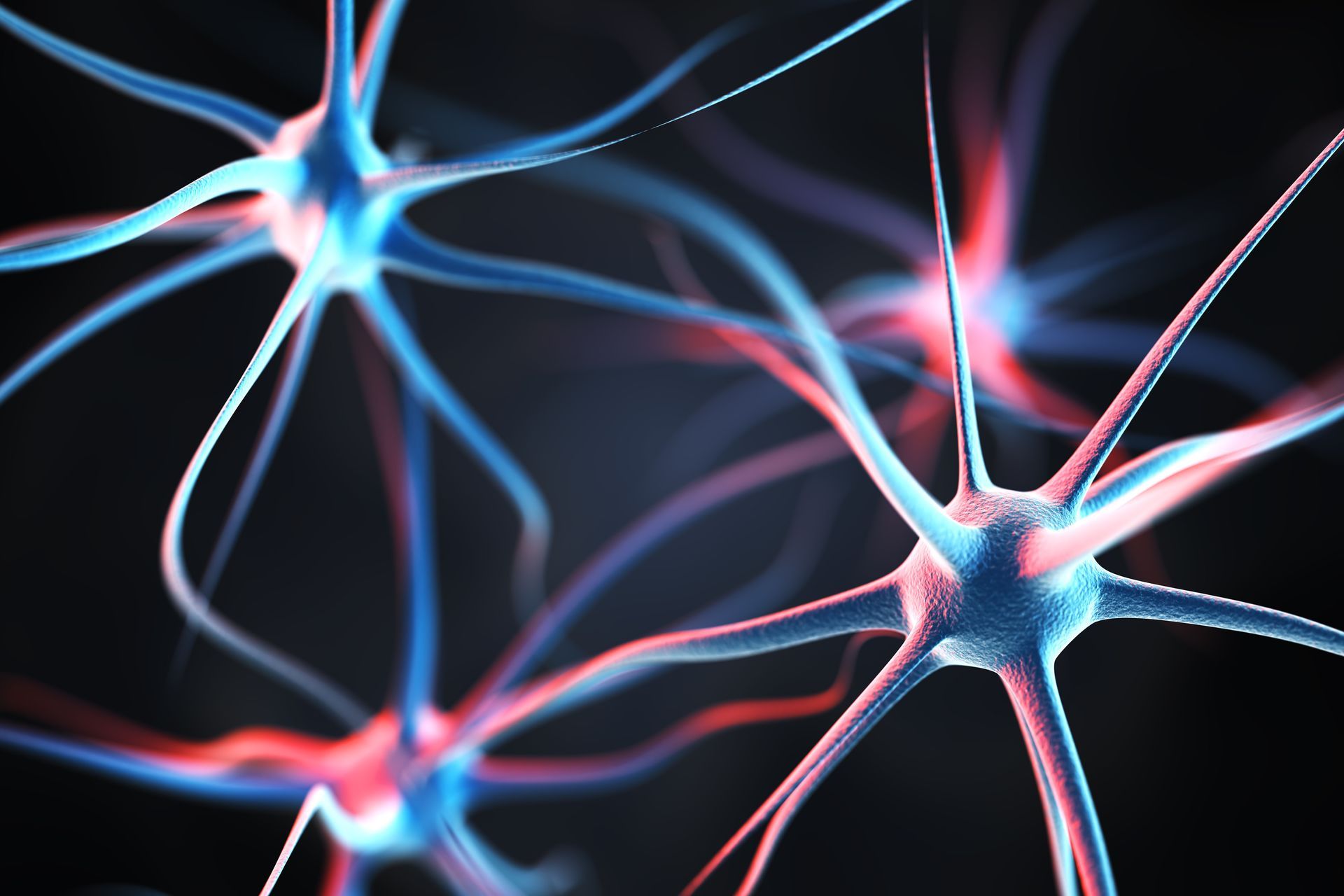4 Questions to Ask About Hormone Therapy for Menopause
Are you having issues related to hormones? From weight gain to hair loss to mood swings, hormonal issues show in many ways. Plus, the loss of hormones is a natural occurrence with age. If you're dealing with menopause, you should consider looking into hormone therapy to look and feel better again. When you're doing your research, here are some questions you should ask.
1. Why Use HRT?
People may use hormone replacement therapy to help with the side effects that come with menopause. One of the main issues women deal with during this time is hot flashes. Women may also experience menopausal weight gain despite not increasing their diet. You may have fatigue, hair thinning, or early gray hair. HRT may also help ease mood swings that occur due to upheaval in hormones.
2. What Forms Does This Therapy Come In?
When you start this treatment, you have different options to consider. You may take your hormone replacement orally through a pill or tablet. It may also be available as a cream, lotion, or ring you insert in the vaginal area. Some women get treatment through a skin patch. The type of treatment available depends on the extent of your hormonal issues. According to Endocrine News, as many as 2.5 million American women aged 40 years or older are using compounded hormone therapy.
3. Are There Risks?
While hormone therapy can help you with your menopause issues, it can come with certain risks. Some therapy can come with the risk of heart disease, breast cancer, urinary incontinence, and even blood clots. The likelihood of experiencing such a risk depends on your existing medical history, family medical history, and the type of HRT you're using for your situation.
4. How Does Treatment Last?
No two women are alike, so reasons for using HRT and the length of time you'll use it can vary. Some women only use therapy until menopause has ended. You may decide to use various types of HRT well into your sixties to help enhance your lifestyle. For example, in our experience, HRT has helped many women manage weight and energy levels that can occur with age. It can also help you reduce the likelihood of osteoporosis to protect your bone strength.
Hormone replacement therapy can help you weather the storm that is life and bodily changes. Cady Wellness Institute provides such therapy and mental health services. Visit our website to request a virtual consultation today.

VISIT US
HOURS
HOURS
Hours by Appointment
Flexible Scheduling










Share On: